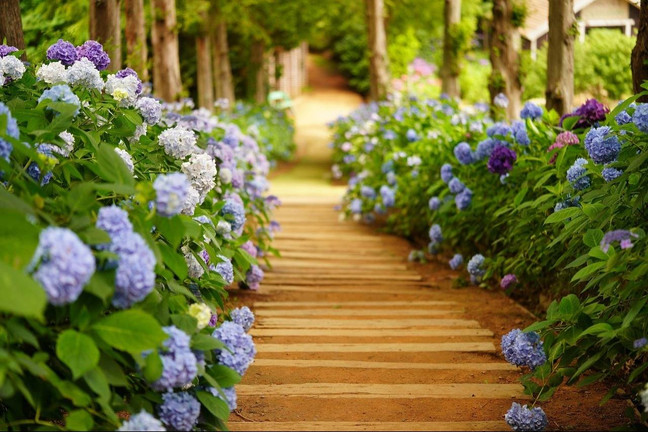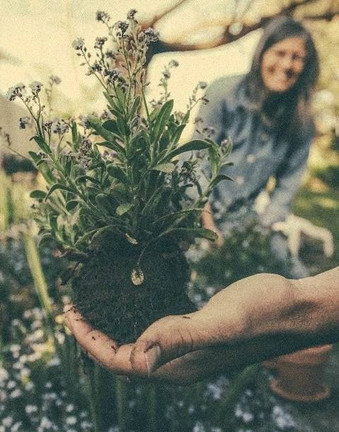Hydrangeas: Finding the Right One for Your Garden
Posted by KK on Jul 1st 2025
By KK If you’ve ever admired the showy, globe-like clusters of white, pink, or blue blooms in gardens or floral arrangements, you’ve likely encountered the stunning hydrangea. This vers
… read more






